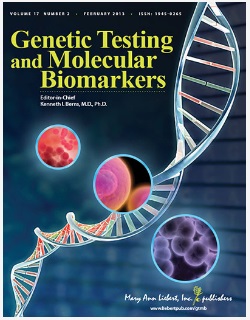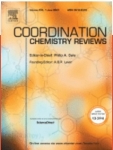The thiopurine S-methyltransferase (TPMT) gene encoding thiopurine methyltransferase is a crucial enzyme in metabolism of thiopurine drugs: azathioprine and 6-mercoptopurine, which are used in the treatment of leukemia or inflammatory bowel diseases. Genetic polymorphism of the TPMT gene correlates with activity of this enzyme, individual reaction, and dosing of thiopurines. Thirty-one variants of the TPMT gene with low enzymatic activity have been described with three major alleles: TPMT*2 (c.238G>C), *3A (c.460 G>A, c.719A>G), and *3C (c.719A>G), accounting for 80% to 95% of inherited TPMT deficiency in different populations in the world. The aim of the study was to establish a rapid and highly sensitive method of analysis for the complete coding sequence of the TPMT gene and to determine the spectrum and prevalence of the TPMT gene sequence variations in the Polish population. Recently, high-resolution melting analysis (HRMA) has become a highly sensitive, automated, and economical technique for mutation screening or genotyping. We applied HRMA for the first time to TPMT gene scanning. In total, we analyzed 548 alleles of the Polish population. We found 11 different sequence variations, where two are novel changes: c.200T>C (p.P67S, TPMT*30) and c.595G>A (p.V199I, TPMT*31). Detection of these new rare alleles TPMT*30 and *31 in the Polish population suggests the need to analyze the whole TPMT gene and maybe also the extension of routinely used tests containing three major alleles, TPMT*2, *3A, and *3C. Identification of sequence variants using HRMA is highly sensitive and less time consuming compared to standard sequencing. We conclude that HRMA can be easy integrated into genetic testing of the TPMT gene in patients treated with thiopurines.



